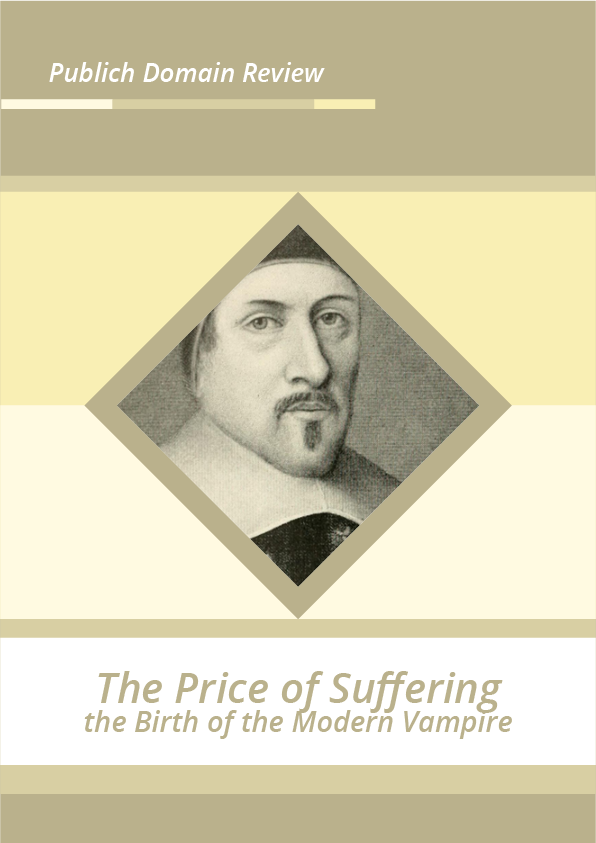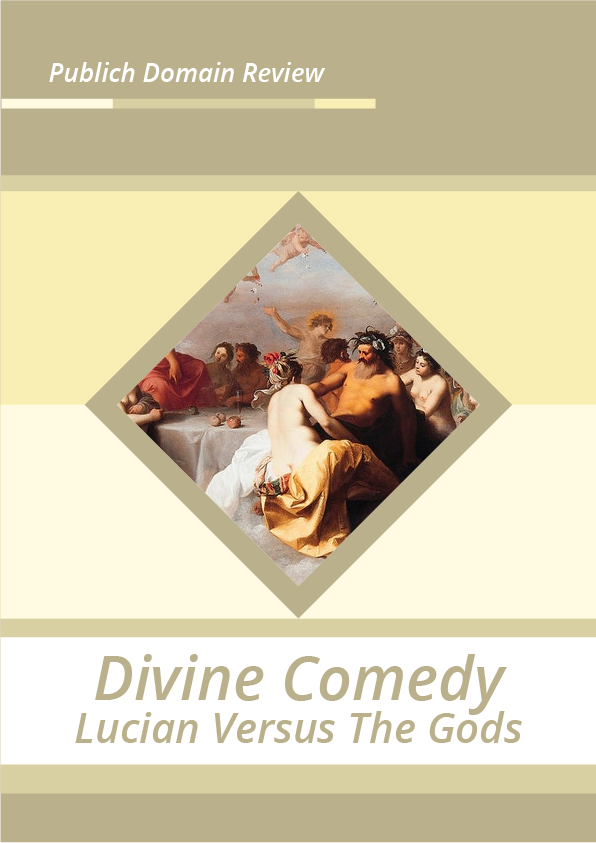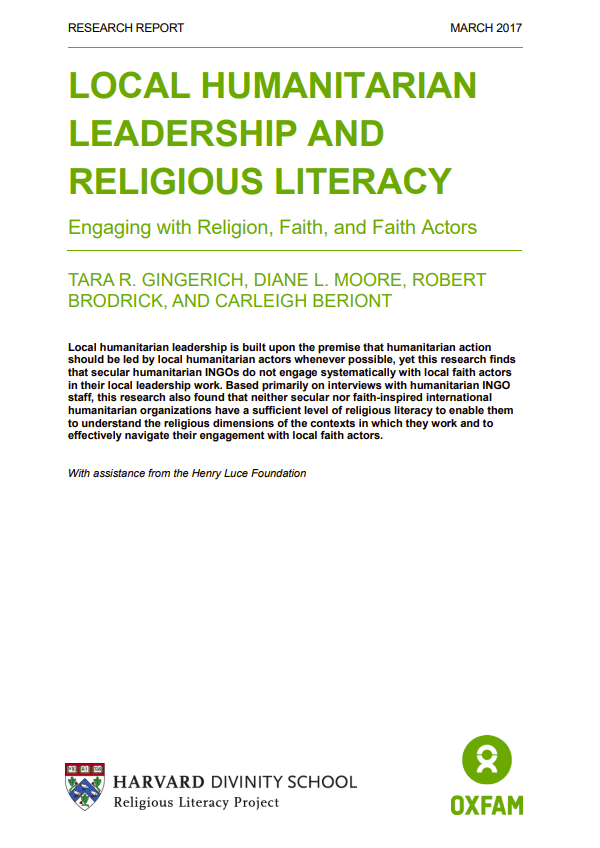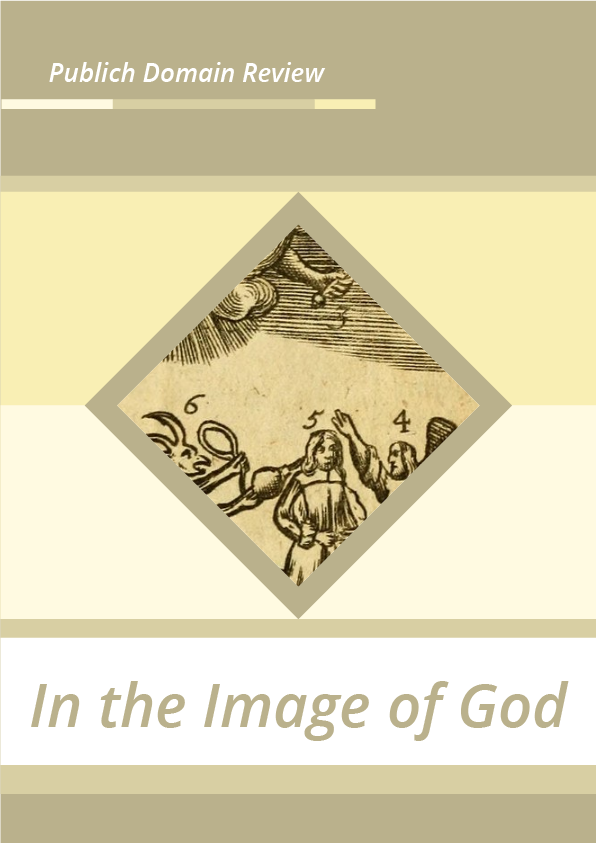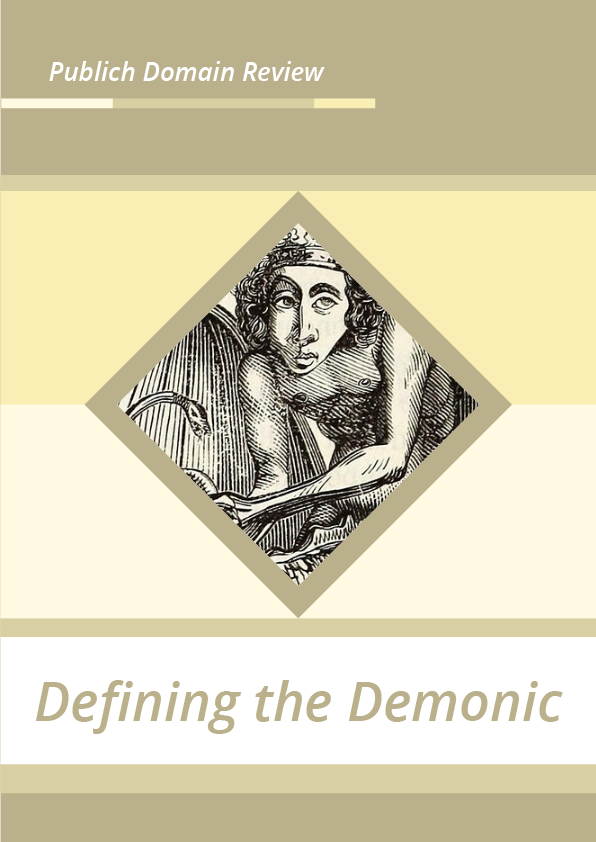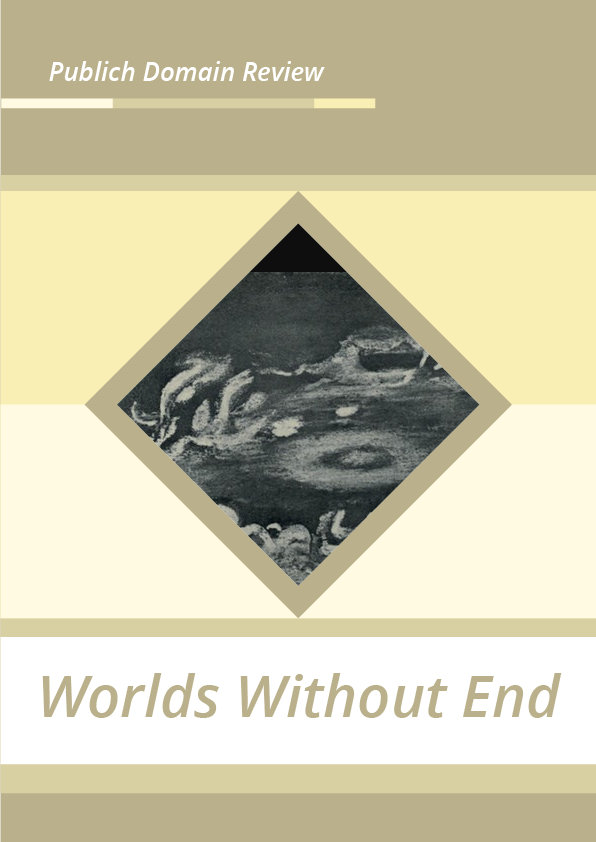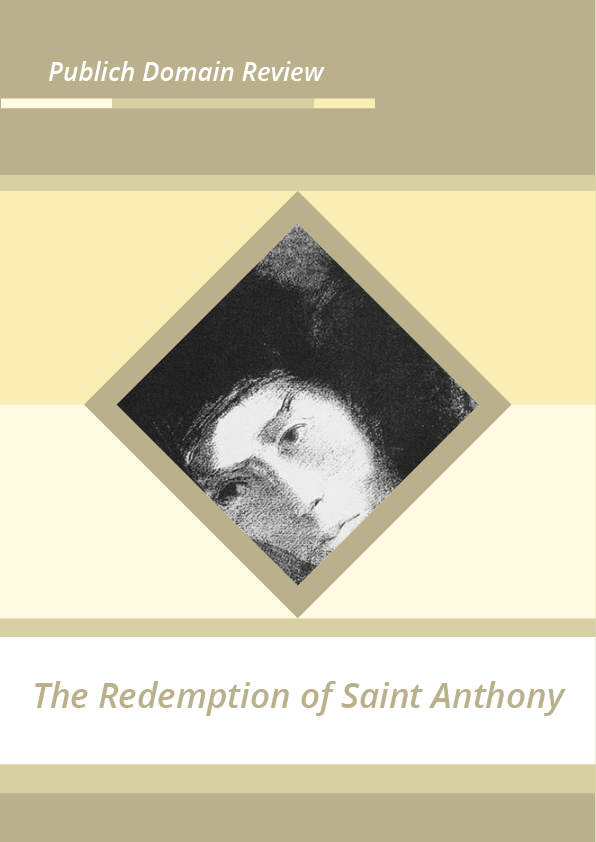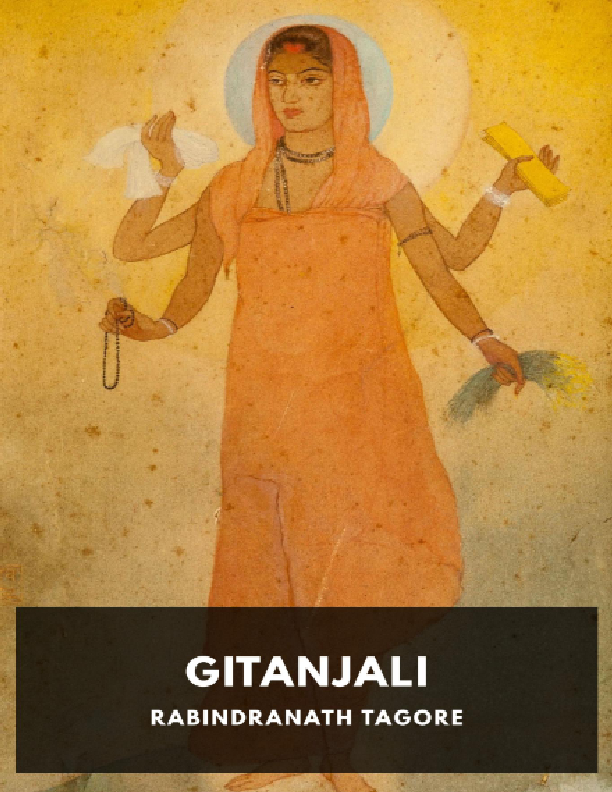William Pynchon, earliest colonial ancestor of the novelist Thomas Pynchon, was a key figure in the early settlement of New England. He also wrote a book which became, at the hands of the Puritans it riled against, one of the first to be banned and burned on American soil. Daniel Crown explores.
On October 16, 1650, the General Court of Boston summoned the town executioner. Like his name, the executioner’s thoughts as he made his way to the marketplace that afternoon, far from the gallows at Boston Common, remain lost to history. Still, reason dictates that even a man inured to the grisliness of the execution racket must have worn a smile of relief on this, such an odd and unprecedented day. A typical workday for the professional death-dealer, when pressed into duty, would have usually entailed dusting off an old ladder, uncoiling a good bit of rope, and eventually sliding a noose around the neck of a prisoner. Not today. Today, the General Court, ever aware of the affecting power of symbolism, had charged the executioner of Boston with a comparably breezy task. He was to conjure a torch, listen to a town official prattle off a public proclamation, and then, with theatrical gusto, set fire to a pile of William Pynchon’s The Meritorious Price of Our Redemption.
“Derogatory!” the Court had called the book the previous day.
“Erroneous”.
“Unsound”.
“Heretical”.
Pithy denunciations, certainly, but ones with both immediate and lasting ramifications. Indeed, The Meritorious Price, written by the earliest colonial ancestor of the novelist Thomas Pynchon, had the lifespan of a Boston mayfly. A London publisher issued the first and only edition of the “small quarto volume of a hundred and fifty-eight pages” early in 1650.3 It made its way to Boston by summer. Mere months later, the book’s detractors had all but wiped it out of existence. What the Boston executioner had started, general disinterest finished with aplomb over the ensuing centuries. Only four copies of the book remain extant.
The Meritorious Price, of course, reads today harmlessly enough. Truth be told, a modern reader need only fear boredom from Pynchon’s exegesis on the origins of Grace. To leading officials in the government of Massachusetts Bay, however, this was an insidious text, an exercise in heresy—one the Puritan clergy believed capable of throwing their young and vulnerable colony into irreversible chaos. Pynchon, a prominent layman with a devoted constituency, was charismatic enough to inspire a movement similar to the Antinomian debacle that had nearly brought the colony to its knees in the previous decade. Notwithstanding his lofty place in New England society, Pynchon and his book simply had to go. The ensuing controversy, placed within the context of Pynchon’s life, perfectly encapsulates the tenuous relationship between colonial New England’s people, its Church, and its State.
